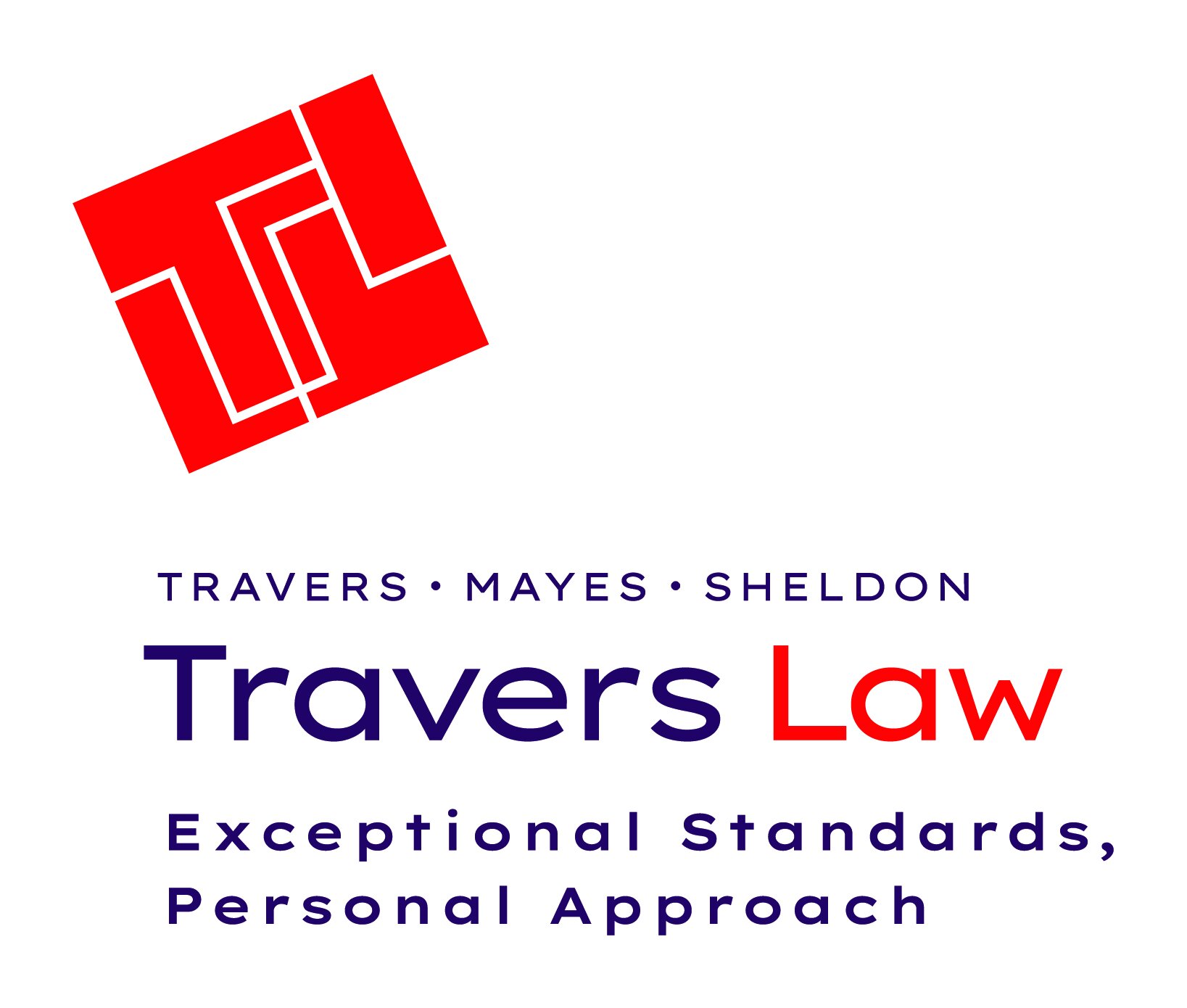REAL ESTATE, WILLS & Business LAWyer
Wills + POAs
-
FAQs
What is a will?
A will is a legal document which sets an individual’s directions as to who should receive their estate upon their death. Without a will, the law directs who administers the will maker’s estate and how it is to be divided.
What are the legal requirements for a will?
A will must be in writing and must be signed by the will maker. The will maker must be mentally competent and at least eighteen years of age. The signing of a will requires the presence of two adult witnesses, both of whom must sign the will in the presence of each other and the will maker.
What and who is the executor?
An executor is the person appointed in a will to look after the will maker’s affairs after his or her death; they are the will maker’s personal representative. An executor can be any person who is at least eighteen years of age. The executor should be competent, capable of managing business affairs and someone trustworthy. Spouses usually appoint each other as executor of each other’s estate. In a large or complicated estate, consider the appointment of a trust company as executor.
What are the powers of an executor?
Executor powers should be broad and general and should be set out in the will. The powers usually include the ability to preserve assets, deal with real estate, invest estate money and settle claims against the will maker’s estate.
What are the executor’s duties?
The executor’s duties include: arranging a funeral, preservation of property, assembling and selling assets, paying taxes and debts, and distributing the will maker’s estate as set out in the will. The first duties of the executor are to pay the will maker’s debts, funeral expenses and any taxes. The executor then distributes any special gifts of property and pays out cash legacies, if any. Lastly, the executor sets up any trusts and distributes the residue of the estate.
What is the residue of an estate?
Residue is the legal term used to describe what is left over in an estate, after payment of all taxes, bills, expenses, and distribution of any specific gifts. Residue usually comprises the largest part of the estate. Residue can be left to one person or divided into shares and given to a number of people. A residue clause is necessary so that absolutely everything in the estate is properly distributed under the will.
What is a testamentary trust?
A testamentary trust is an arrangement where money is placed in the hand of a trustee to us it for the benefit of someone else. The trust will be established in the Will. They are often used to create ongoing benefits for spouses, minor and/or adult children, and disabled beneficiaries (henson trust).
What about guardianship of minor children?
The law permits a person by will to appoint a guardian of minor children. A testamentary guardianship appointment is only effective for 90 days after the appointment is made. The guardian will have to apply to the court within those first 90 days if he or she wishes to have a longer term custody order in place. One should consider appointing a different person as guardian than the person selected as executor - the executor manages the estate funds, and pays them to the guardian for the child’s benefit.
Can I have more than one will at the same time?
There are good reasons to have more than one will at the same time. For instance, if the will maker owns property in a different jurisdiction it makes sense to set up a second will that covers the laws in that jurisdiction. For large estates with private corporate holdings, there may be savings possible by organizing the will maker’s estate in different wills.
*The information provided is general information only and is not intended as legal advice for any specific situation. Laws vary from place to place. Any reference to the law is specific to and restricted to matters in the Province of Ontario, Canada, and may not be applicable to situations in other jurisdictions.




